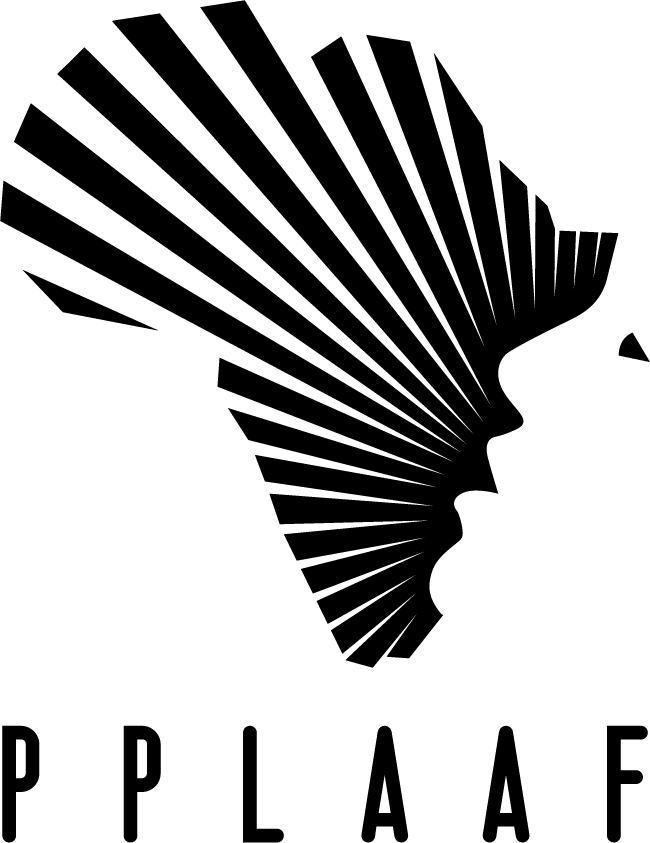Published in 2019
Relevant legislation:
- Constitution
- Labour Code
- Penal Code
- Media Law Bill (2016)
- Media Law (2004)
- Access to Information Law
Summary
Few protections are available to whistleblowers in Ivory Coast. Whistleblowers are not specifically protected by any law, neither are they actively encouraged to come forward by the government. President Ouattara has publically committed to eliminating corruption and human rights violations as well as redressing the culture of impunity enjoyed by the authorities, yet a continued reluctance to prosecute forces loyal to the government limits the effectiveness of whistleblowing.
The freedom of speech and media environment in Ivory Coast has improved over recent years. The 2016 Constitution reaffirms that that “freedom of thought and freedom of expression (…) are guaranteed to all”. Journalists and opposition supporters are no longer subject to the violent repression that characterized the first decade of the 20th Century. However, penalties for defamation differ between laws, creating a potential bias in the prosecution of these cases. A Parliamentary vote on a media bill that criminalizes certain media offenses was scheduled for May 2017, but postponed due to pressure from civil society groups and the media.
The ongoing unrest caused by mutinying soldiers demanding improved compensation may be associated with a decline in media freedoms. At least six journalists have been detained unlawfully since the mutiny commenced in January 2017, raising concerns that progress toward media freedoms might stall.
Whistleblower laws and policies
No Ivory Coast laws or policies contain provisions that directly protect whistleblowers.
A new Constitution was approved by referendum in October 2016 and adopted in November 2016. It provides that “freedom of thought and freedom of expression… are guaranteed to all. Everyone has the right to freely express and disseminate his ideas”. However, these freedoms are “subject to respect for the law, the rights of others, national security and public order”. No provisions specifically related to whistleblowing are included in the new Constitution, nor were they included in its previous versions.
No protections for whistleblowers are set out in the Labor Code. Legitimate grounds for dismissal are ambiguous and include “gross negligence on the part of one of the parties” and “personal reasons”, such as professional inadequacy or “wrongful conduct” for permanent contracts. It is unclear whether whistleblowing could be covered under one of these terms and thus be considered legitimate grounds for dismissal. While all forms of “moral harassment” are forbidden, harassment as a form of retaliation for whistleblowing or disclosing sensitive information is not specifically addressed.
Weaknesses and needed reforms
As noted above, whistleblower protections in Ivory Coast are sorely lacking. There have been no indications that the government plans to develop and implement whistleblower protections. However, the civil society has recently drawn attention to the need for a robust advocacy towards the enactment of a stand-alone law on whistleblower protection, for example through March 2017 Advocacy and Sensitization Meeting on the Economic Community of West Africa Whistleblower Protection Strategy.
Secrecy laws
Sharing military intelligence with a foreign power is punishable with up to life imprisonment under the Penal Code, depending on the intent with which the information is shared. Revealing secrets entrusted by “state or profession” is punished with up to six months in prison; while disclosing information declared secret by authorities is punishable with up to three months in prison. Failing to immediately disclose acts of espionage or treason is punishable with up to 20 years in prison, except where the obligations arising out of professional secrecy apply.
An Access to Information Law allows public documents and “information of public interest” to be shared. However, “only the person concerned” has the right to access information that relates to the person’s conduct and may be detrimental if shared more broadly. Similarly, disclosures that would infringe the secrecy of government deliberations, national defense, foreign policy, monetary policy, court proceedings and commercial matters are forbidden. While prison sentences and fines apply for supplying false or altered documentation or destroying documents, the Access to Information Law does not set penalties for sharing non-disclosable information.
Media and speech laws
A Media Law was drafted in 2016 and due to be considered in Parliament in May 2017. The vote was postponed following pressure from media organizations and civil society, and the Bill’s fate is currently unclear. While acknowledging that freedom of the press constitutes one of the essential pillars of democracy, the Bill provides for prison sentences of up to five years for publishing content that could incite certain crimes, racial hatred or military rebellion. This provision has caused concern among media and civil society groups, as it is potentially “liable to a broad range of subjective interpretations, and could be exploited by powerful people and politicians to harass, threaten and intimidate journalists” (Media Foundation for West Africa).
Under the new Bill and in line with the 2004 Media Law, defamation carries a fine, with particularly large fines applicable for defamation of the President, armed forces, courts and tribunals, members of the Government or National Assembly, judges or witnesses. The publication of false news and the misattribution of information are also subject to substantial fines.
The Penal Code sets out substantially harsher punishments for defamation, permitting prison terms of up to 10 years for defamation on the base of race, ethnic group or religion, with penalties doubled if the offense was committed by means of the press. Slanderous accusations made to any authority empowered to act upon the accusation or to the employers of the accused can be punished with up to five years imprisonment. The publication of false news that may result in disobedience or discredit national institutions carries a sentence of up to three years and a fine, with the publisher, editors, vendors and distributors all liable.
Discordance between the Penal Code and Media Laws creates an environment of uncertainty and ambiguity in which journalists are potentially subject to unfairly and unevenly applied penalties.
Whistleblower cases
No known cases of whistleblowing in Ivory Coast have been detected. A concern that likely impedes many whistleblowers is that security forces operate with near total immunity, rendering prosecution based on information disclosed unlikely and the fear of retaliation extreme. For example, no prosecution has occurred in the wake of a 2011 massacre of at least 800 civilians, allegedly at the hands of Forces loyal to President Ouattara.
However, journalists who report sensitive information are occasionally detained on charges of publication of false news, insulting the president or defamation. Perhaps the most high profile case of detention of a journalist occurred in 2015, in which the publisher of daily newspaper Aujourd’hui was held for a week after publishing accusations that the President was complicit in plans to rig the October 2015 elections. The newspaper was also suspended for one month.
Media rights and freedom
Ivory Coast is classified as “partly free” in the 2018 Freedom House Freedom of the Press report, a status it has held since 2014. The report notes that “positive trends” in the media environment continued in 2015, with “few reports of journalists having difficulty covering the October presidential election”. However, Freedom House cites several ongoing concerns, including suspensions for newspapers that urged readers to boycott polls. The report details the detention of a journalist under a charge of insulting the head of state in connection with an article accusing the President of embezzling development aid. Freedom House notes that this detention was unlawful and notes that all charges against him were ultimately dropped. A second act of aggression towards a journalist is noted, in which a journalist’s home was attacked by a large group of youths while he was being questioned by authorities about an article that described the town as “politically unstable”.
Reporters Without Borders (RSF) ranks Ivory Coast 82 out of 180 countries in 2018, an improvement of 21 places since 2014. RSF finds that the “media have yet to achieve independence from the country’s political leaders” and that “the National Communication Council continues to lean harder on opposition newspapers than on pro-government ones”. However, it points to a diverse media that is no longer officially subject to criminalized media offense, and notes that “journalists are no longer subjected to outright abuses”.
Despite the improvements noted by Freedom House and RSF, the 2017 mutiny has seen an apparent decline in media freedoms. In February 2017, six journalists were detained at a police camp and questioned for publishing reports that the government had reached an agreement to pay compensation to mutinying soldiers. They were discharged after 48 hours and credit the mass mobilization of Ivorian journalists for their release. The journalists have been charged with “spreading false information in a bid to encourage soldiers to revolt” and currently await trial. Following this, in July 2017, two other journalists were detained based on allegations that the National Assembly leader’s bank accounts had been frozen.
Knowledge, support and action centers
Social Justice Cote d’Ivoire
An NGO under the Transparency International umbrella that works to fight corruption and advocates for transparency and good governance, particularly with regard to natural resources and social justice.
- Contact person and title (if known): Not available
- Address: Côte d’Ivoire, Abidjan, Yopougon, Ananeraie Oasis, Ilot 01 Lot 3109
- Tel: (+225) 23.52.72.13 – 05.76.20.95
- Fax: Not available
- website: http://www.socialjustice-ci.net/
- E-mail: Through webform http://www.socialjustice-ci.net/




